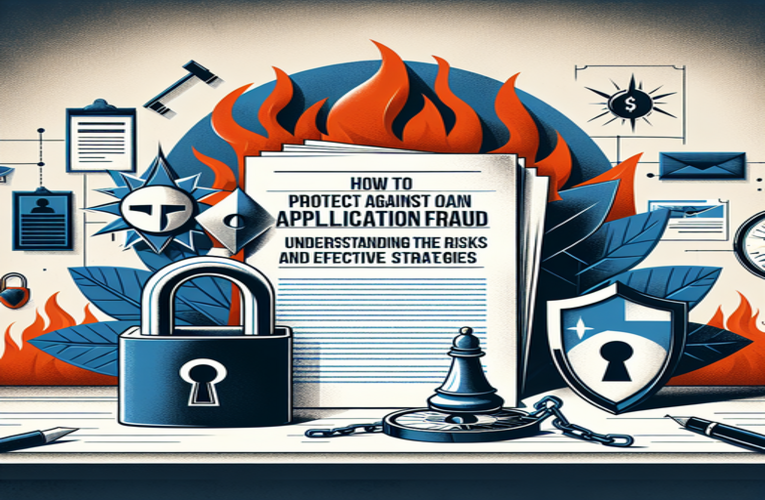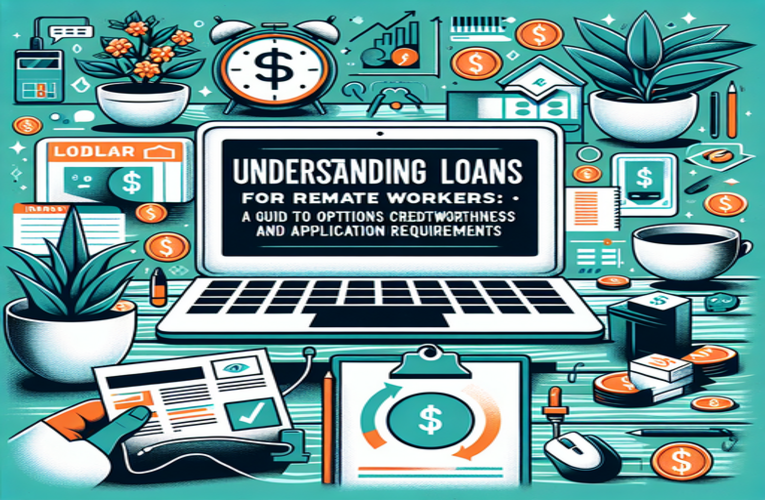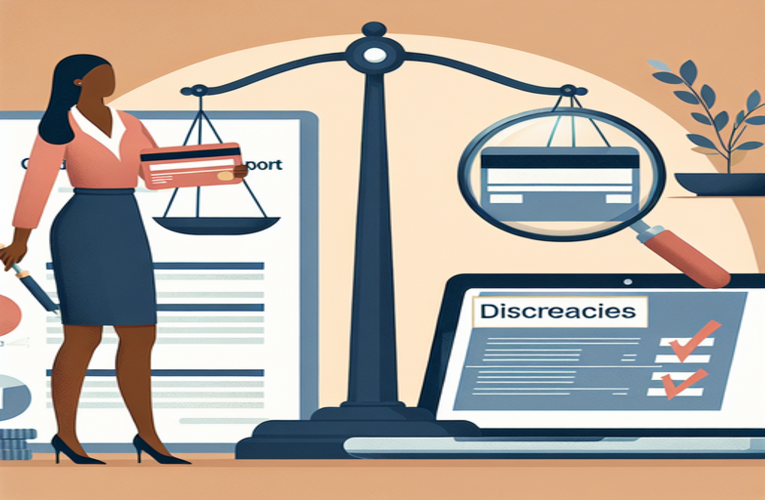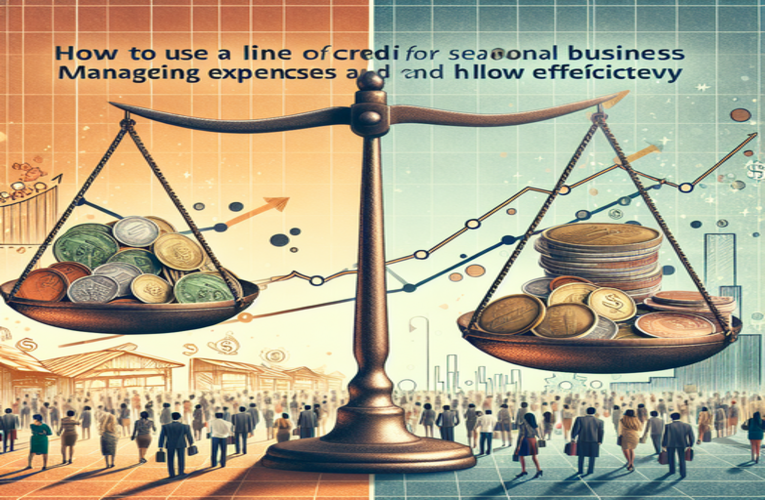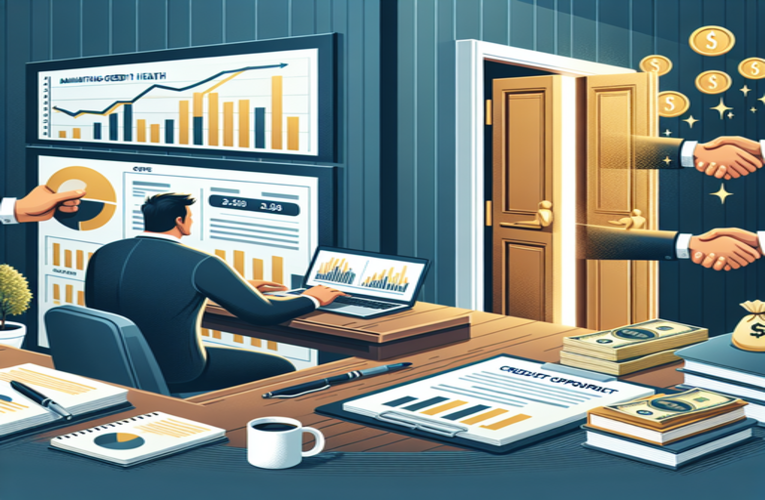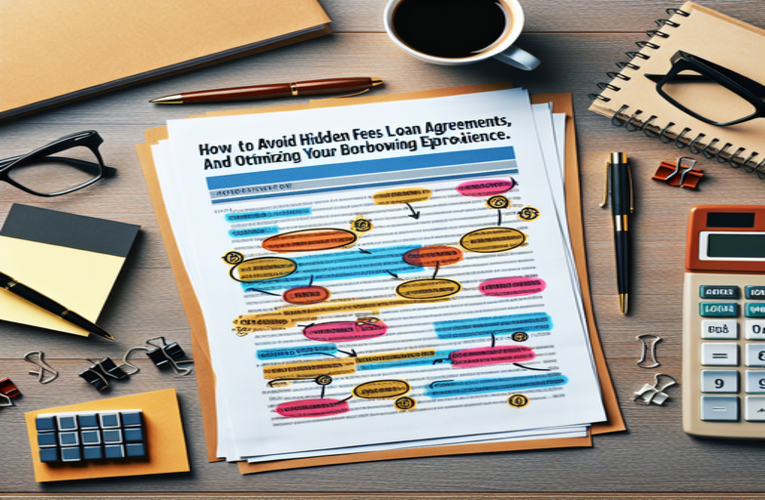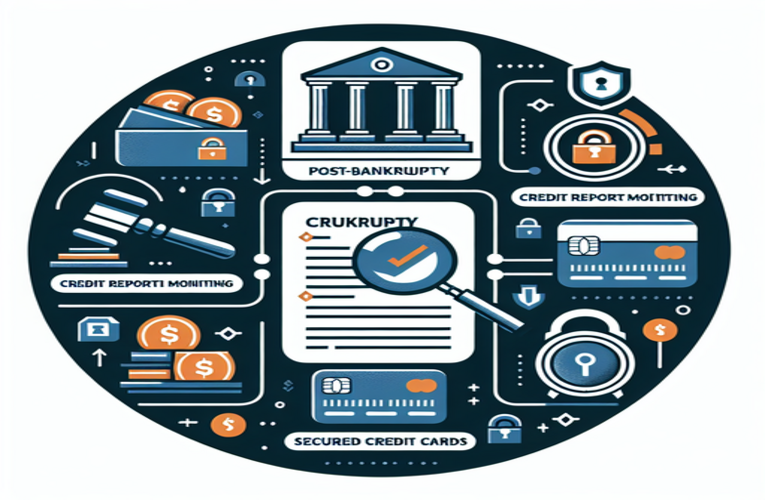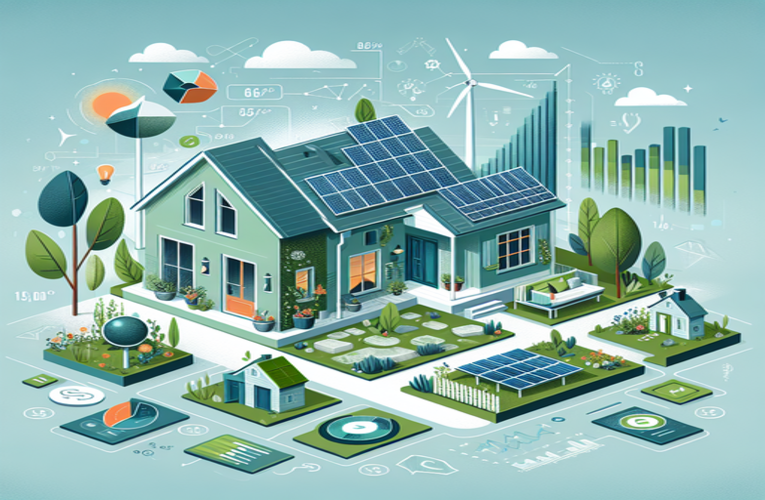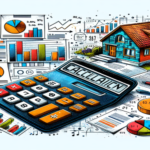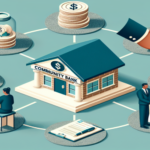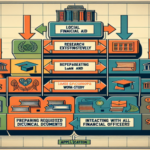Understanding loan options for green home upgrades: a guide to financial benefits and choosing the right financing
As the drive for sustainability in modern living accelerates, homeowners are increasingly seeking innovative ways to incorporate eco-friendly practices into their homes. If you’re considering making energy-efficient home improvements, understanding the various financing options for green home upgrades—including specialized loans, mortgages, and incentives—is essential. Not only can these options ease the financial burden, but they can also enhance the long-term value of your property. In this article, we will explore the complexities of financing solutions dedicated to promoting sustainable renovations and their potential benefits.
In this article, we will discuss:
- Loans specifically designed for eco-friendly home improvements.
- Green mortgages that support sustainable home projects.
- Tax incentives, grants, and rebates that can lessen the financial impact of energy-efficient upgrades.
By the end of this article, you will gain invaluable insights into how to effectively finance eco-conscious home renovations, ensuring that you make informed decisions aligning with both financial goals and environmental responsibility. With practical steps and resources at your disposal, you can successfully navigate the landscape of financing options for sustainable home improvements, creating a residence that reflects your values while maximizing potential economic benefits.
Table of Contents
Exploring financing options for sustainable home renovations
Navigating the landscape of eco-friendly home renovations can be daunting, particularly when it comes to financing. With rising concerns about climate change and increasing energy costs, more homeowners are looking into sustainable home upgrades such as solar panels, energy-efficient windows, and geothermal heating systems. Understanding loan options for green home upgrades—including government incentives, green financing programs, and specialized loans—is essential for homeowners eager to implement environmentally conscious changes without straining their finances. From federal tax credits to local grants and rebates, comprehending the array of financing solutions can make sustainable renovations more accessible and affordable.
Key points to consider:
- Explore specialized green loans: Investigate loans tailored for ecological improvements, such as Energy Efficient Mortgages (EEMs) and Green Home Improvement Loans.
- Consider energy efficiency financing programs: Look into Property Assessed Clean Energy (PACE) financing, which allows repayment through property tax assessments.
- Prioritize financing with favorable terms: Seek out loans that offer lower interest rates and longer repayment periods for energy-efficient projects.
- Research government incentives: Identify federal and state tax credits, rebates, and grants available for sustainable upgrades.
- Consult with financial advisors: Engage professionals experienced in eco-friendly financing to guide your decisions.
By exploring these options, homeowners can benefit from lower interest rates and advantageous repayment terms specifically designed for green initiatives. For instance, some lenders offer interest rates that are 0.5% to 1% lower than standard home improvement loans for energy-efficient upgrades. These distinct financing avenues can significantly ease the burden of upfront costs associated with essential upgrades like installing solar panels—which can average around $15,000 to $25,000—or enhancing insulation, which can reduce heating and cooling costs by up to 30%. Ensuring your investments are not only economically viable but also environmentally beneficial creates a win-win scenario for both your finances and the planet.
Impact of green renovations on financial outcomes
Benefits of sustainable upgrades:
- Significant reduction in utility expenses: Households can reduce utility bills by an average of 25%, and up to 50% with comprehensive energy-efficient upgrades.
- Increased property value: Green renovations can elevate market price by 5–15%, and homes with solar installations can sell up to 20% faster than non-solar homes.
- Access to tax incentives and rebates: Potential federal tax credits of up to 30% for installations like solar panels, and additional state and local incentives.
- Improved indoor air quality: Energy-efficient windows and HVAC systems can enhance indoor air quality, promoting better health and comfort.
- Positive environmental impact: Reducing carbon footprint contributes to combating climate change.
Ecologically enhanced homes generally command a higher market price compared to properties lacking these attributes. According to recent studies, homes with energy-efficient certifications like LEED or ENERGY STAR can sell for up to 14% more than comparable uncertified homes. This creates a favorable scenario where a comprehensive understanding of financing options for sustainable home renovations not only bolsters your financial decisions but also contributes to a healthier planet. By investing in green upgrades, homeowners tap into a growing market demand for sustainable living, potentially yielding significant returns on investment when it’s time to sell.
Leveraging financial incentives and grants
Many regions provide tax incentives for homeowners who opt for sustainable improvements. For example, the federal Residential Clean Energy Credit allows homeowners to claim 30% of the cost of installing solar systems on their homes until 2032. Additionally, local government programs and grants—such as state rebates for energy-efficient appliances or utility company incentives for energy audits—can significantly lower the financial burden associated with these projects. By tapping into these resources, homeowners can maximize their budget, often saving thousands of dollars, while achieving significant energy efficiency and reducing carbon emissions.
Steps to maximize financial benefits:
- Thoroughly evaluate potential financing paths: Research various financing options to determine the most cost-effective solution for your situation.
- Leverage specialized loan opportunities: Apply for loans specifically designed for energy-efficient upgrades with favorable terms.
- Utilize tax credits and rebates: Identify and apply for all eligible federal, state, and local incentives to reduce overall costs.
- Consult with financial advisors: Seek advice from professionals experienced in sustainable financing to ensure informed decisions.
By focusing on sustainable renovations, you not only enhance your residence but also improve your financial well-being. For instance, installing energy-efficient windows can save homeowners up to $465 per year in energy costs, according to the U.S. Department of Energy. Undertaking eco-conscious renovations is a strategic financial choice that delivers returns through monthly savings, increased property value, and a meaningful impact on combating climate change. Furthermore, these upgrades often require less maintenance over time, adding to long-term savings.
Enhancing property value through eco-friendly home improvements
In the current market, which increasingly prioritizes sustainability, understanding the nuances of financing options for eco-friendly home improvements is vital for homeowners aiming to boost both environmental impact and property worth. Below are some key elements:
- Reduction in utility expenses: Homeowners who invest in energy-efficient updates can expect to save between 20% and 50% on utility costs. Over time, these savings can significantly accumulate, counterbalancing the initial investment required for these enhancements.
- Increase in property value: Energy-efficient homes are in high demand, and buyers are often willing to pay a premium for properties with sustainable features. Studies show that green-certified homes can sell for up to 9% more than traditional homes.
- Attraction of environmentally conscious buyers: As eco-awareness grows, more buyers are seeking homes with green features, making your property more competitive in the market.
- Access to favorable financing: Specialized financing options like Green Mortgages can provide better loan terms, facilitating more substantial renovations that further enhance property value.
Embracing sustainable financing avenues allows homeowners to invest in high-quality, energy-efficient materials and technologies that enhance comfort and reduce maintenance costs. This financial strategy not only improves the overall quality of life within the home but also resonates with an increasing number of buyers who value sustainability. As the market evolves, homes with advanced eco-friendly features are likely to see greater appreciation and demand.
Guidelines for selecting the optimal loan for energy-efficient home improvements
Selecting the optimal loan for energy-efficient home upgrades significantly impacts both your financial situation and environmental sustainability. Understanding loan options for green home upgrades—such as Energy Efficient Mortgages, personal loans, or home equity financing—is crucial to maximizing your investment. Accessing the right financing option ensures you can undertake meaningful eco-friendly home improvements while capitalizing on potential tax benefits and incentives.
Key elements to consider
- Assess your financial situation: Determine how much you can afford to borrow and repay, considering your current income, expenses, and existing debts.
- Research financing options: Explore various types of financing tailored for green upgrades, such as EEMs, home equity loans, personal loans, and PACE financing.
- Compare interest rates and terms: Seek out lenders offering competitive interest rates and favorable loan terms specific to sustainable home improvements.
- Evaluate future benefits: Consider the long-term savings from reduced utility bills and maintenance costs when assessing loan affordability.
- Understand tax credits and incentives: Be aware of significant tax credits and rebates available for environmentally friendly investments.
- Check eligibility requirements: Ensure you meet any specific criteria for specialized loans before applying.
Numerous tax benefits available
Government incentives often apply to specific installations, offering substantial savings. For instance, the federal government provides the Residential Clean Energy Credit, offering 30% of the cost for installing solar panels, wind turbines, or geothermal heat pumps. Some state programs provide additional incentives, and local utility companies may offer rebates for energy-efficient appliances or home energy audits. These programs can significantly reduce your financial obligations and potentially decrease your taxable income through deductions for qualifying investments.
Choosing the right financial advisor
- Engage with professionals: Consult with experienced lenders or financial consultants who specialize in green financing to guide you through the application process.
- Align upgrades with programs: Ensure planned upgrades qualify for financial support, maximizing access to incentives and favorable loan terms.
- Select the best loan: Choose a loan that complements your financial strategy and environmental goals, balancing interest rates, repayment terms, and eligibility requirements.
- Read the fine print: Be cautious of any hidden fees or clauses that might affect the loan’s cost-effectiveness in the long run.
Understanding loan options for green home upgrades is essential for maximizing both your investment and tax credit opportunities. Informed financing choices and awareness of incentives allow homeowners to significantly improve energy efficiency while positively impacting the environment. By strategically positioning your upgrades and leveraging available financial products, you not only enhance your living space but also take meaningful steps toward sustainable living.
Summary
- Growing emphasis on sustainability has driven homeowners to pursue energy-efficient home improvements and eco-friendly renovations.
- Grasping the various financing options for green home upgrades is essential for making informed decisions that align financial objectives with environmental advantages.
- Available Financing Options Include:
- Loans specifically tailored for green home upgrades.
- Specialized eco-friendly mortgages for sustainable building projects.
- Tax incentives and grants aimed at lowering the costs of eco-conscious home improvements.
- Benefits of Sustainable Renovations:
- Reduction in utility expenses (up to 25%).
- Increase in property value (can rise by 5-15%).
- Potential for financial support through local government green programs.
- Financial Benefits:
- Better interest rates and loan terms for environmentally friendly upgrades.
- Higher resale value for homes with green certifications.
- Key Steps to Maximize Financing:
- Research and assess relevant financing avenues for sustainable home improvements.
- Evaluate and select specialized loan options for green projects.
By taking advantage of available financing options, you can enhance your home’s sustainability while ensuring long-term financial rewards and contributing positively to the environment.
Frequently Asked Questions
What types of energy-efficient home upgrades are considered most beneficial for homeowners?
Energy-efficient home upgrades that are highly beneficial for homeowners include installing solar photovoltaic panels, enhancing thermal insulation, upgrading to ENERGY STAR® certified windows, and implementing high-efficiency heating, ventilation, and air conditioning (HVAC) systems. These eco-friendly improvements can lead to substantial savings on monthly utility bills and significantly increase the overall property value.
Are there specific lenders who specialize in eco-friendly home improvement loans?
Yes, there are lenders that specialize in eco-friendly home improvement loans, including credit unions and banks that offer dedicated programs for energy-efficient home renovations. Researching these green lenders can help you find favorable loan terms and competitive interest rates tailored for sustainable upgrades.
What should I look for when comparing different financing options for sustainable home renovations?
When comparing financing options for sustainable home renovations, consider the interest rates, repayment terms, any associated fees, eligibility requirements, and the specific benefits tied to green improvements. It’s also crucial to evaluate the overall impact on your financial situation and the long-term savings generated by the energy-efficient upgrades.
How can I assess the potential savings from energy-efficient home renovations?
To assess potential savings from energy-efficient home renovations, analyze your current utility expenses, estimate the expected reduction in energy consumption from the proposed upgrades, and utilize online calculators that evaluate long-term savings based on projected energy costs. Consulting with a certified energy auditor can also provide detailed insights into potential cost savings.
Are there limitations or qualifications for tax incentives on sustainable home renovations?
Yes, tax incentives for sustainable home renovations often have specific eligibility criteria, including the type of property, the date of installation, and the nature of the energy-efficient improvements. It’s important to review the guidelines set by federal and state tax authorities to ensure compliance and maximize the available benefits.
What role do government grants play in financing sustainable home renovations?
Government grants can significantly reduce the financial burden of sustainable home renovations by providing funding that does not require repayment. These grants can enable homeowners to undertake projects such as installing solar panels, upgrading insulation, or enhancing water efficiency, making environmentally friendly projects more accessible and financially feasible.
How do I know if a loan for sustainable home renovations is the right fit for me?
To determine if a loan for sustainable home renovations is suitable for you, assess your current financial situation, consider your goals for the energy-efficient upgrades, compare various loan options, and possibly consult with a financial advisor. Understanding the loan’s implications on your overall financial health and the potential return on investment from the renovations is crucial.
What environmental benefits can be expected from sustainable home renovations?
Sustainable home renovations can lead to reduced energy consumption, lower carbon emissions, improved indoor air quality, and enhanced biodiversity. These eco-friendly upgrades contribute to a healthier environment, support broader efforts to combat climate change, and promote sustainable living practices within the community.
Is it possible to finance home renovations through both a mortgage and a personal loan?
Yes, homeowners can potentially finance home renovations using a combination of financing options, such as a mortgage dedicated to green renovations and a personal loan for smaller energy-efficient upgrades. This approach can help cover the total costs of sustainable projects while taking advantage of different loan benefits and terms.
How can I ensure that my home renovation aligns with sustainability goals?
To ensure that your home renovation aligns with sustainability goals, research eco-friendly building materials and energy-efficient techniques, consult with experts in green building practices, and consider the long-term environmental impact of your choices. Setting clear sustainability targets and adhering to recognized green building standards can also guide your renovation decisions effectively.

